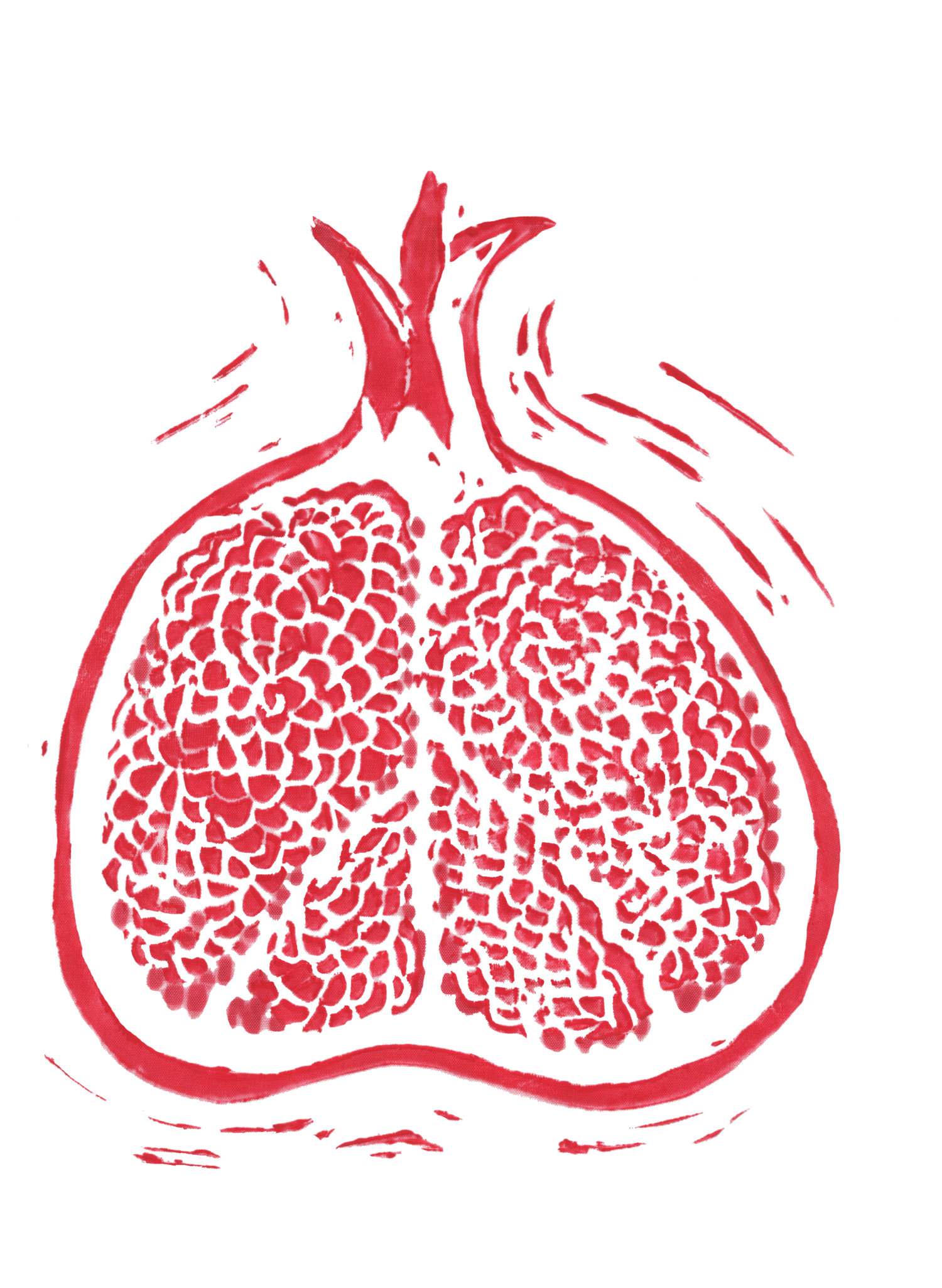
The Writer’s
Journey
Roz’s Workshop
April 30, 2020
Zoom Video Call
In the first days of the COVID-19 lockdown, Roz Spafford facilitated a three-part virtual writing workshop, using heuristic questions and free-writing to help participants generate new material and wander unbounded through Persephone’s world.
"Although COVID kept us from meeting in person, Roz's rich and evocative approach to writing made it feel as though we were together." –Hillary
The first set of questions drew on Persephone as a metaphor for the project and a way to think through the many meanings of “home.” As we wrote, Roz asked: “What is it like for Persephone upon her initial return home? How does her departure and eventual return forever change what ‘home’ means?”
The second session led us through some metaphorical and rhetorical approaches to our own creative and scholarly work. This time, Roz pointed us toward modes of mythic movement--Charon's raft, Icarus's wings, Noah's dove--and suggested that we imagine how our work could move forward, past paralyzing blocks and toward the audiences who could receive it.
The final section asked us to think about ceremonies we had inherited and new ceremonies that might sustain us. Keeping both Persephone and ourselves in mind, we explored traditions from which we feel severed, rituals to which we would like to return.
Although we couldn’t meet together physically, the sensory, intimate nature of Roz’s prompts made us feel as though we had. Participants shared some of the writing that resulted, touching on issues surrounding food, home, time, land, work, and more, agreeing with Roz’s claim that “exercises like this are somewhat like going into a dream.”
To begin your own investigations in these areas, consider writing in short, timed bursts—ten or fifteen minutes—and avoid judging the results. You might begin writing about a piece of land you once felt connected to and how it has changed or become endangered. Whether or not you grew up with formal ceremonies, you could write about the ways you celebrate, mourn or commemorate, or rewrite the myths and rituals you inherited.
If you have worked at home through the pandemic, how has "home" changed? What new clarity, what vision or purposes now drive your work?
Roz recommends environmental scientist Madhur Anand’s A New Index for Predicting Catastrophes: Poems; Ojibwe writer and Queen’s National Scholar Armand Garnet Ruffo’s TREATY #; Ashlee Cunsolo and Karen E. Landman’s anthology, Mourning Nature: Hope at the Heart of Ecological Loss and Grief; Donna Haraway’s Staying with the Trouble: Making Kin in the Chthulucene, and Carol Berzonsky and Susanne Moser’s “Becoming homo sapiens sapiens: Mapping the psycho-cultural transformation in the Anthropocene,” as well as any of Moser’s other work on climate change communication.
“She made that year the most terrible one for mortals, all over the Earth, the nurturer of many.”
Hymn to Demeter, line 305




